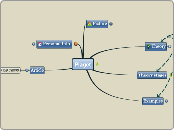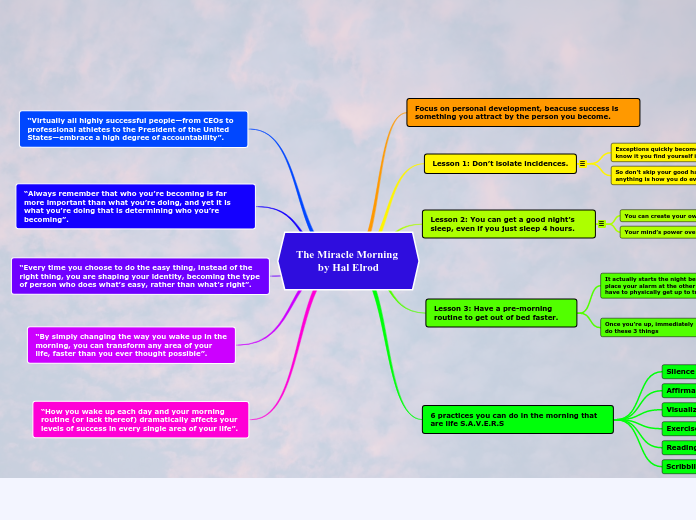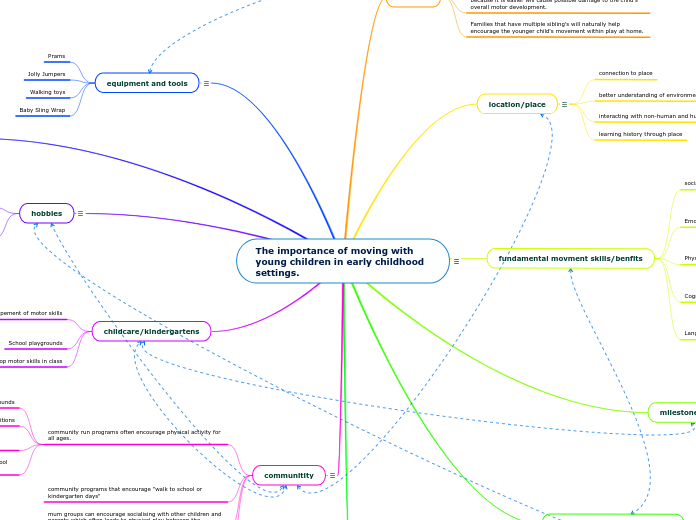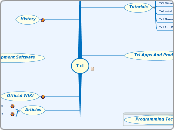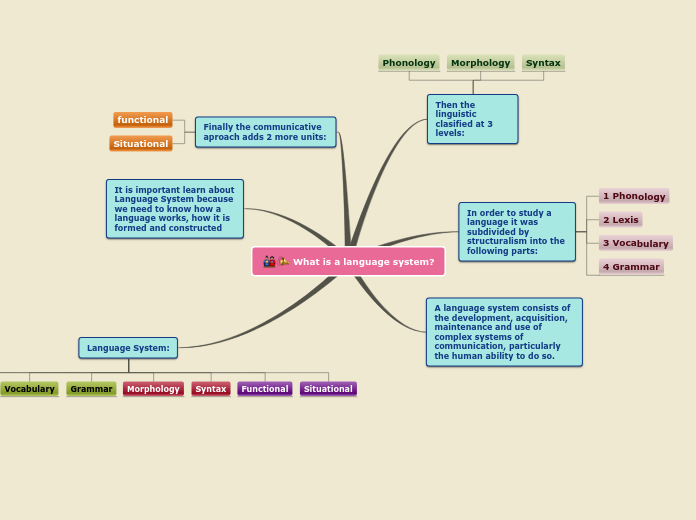Piaget
Examples
The ability to learn any cognitive content is always related to their stage of intellectual development. Children who are at a certain stage cannot be taught the concepts of a higher stage.
Piaget asserted that for a child to know and construct knowledge of the world, the child must act on objects and it is this action which provides knowledge of those objects (Sigel, 1977); the mind organizes reality and acts upon it.
Knowledge is not merely transmitted verbally but must be constructed and reconstructed by the learner
Theory stages
Video
Experiments
Theory
how
Piaget has been labeled an interactionist as well as a constructivist. His interest in cognitive development came from his training in the natural sciences and his interest in epistemology. Piaget was very interested in knowledge and how children come to know their world.
Development
He developed his cognitive theory by actually observing children (some of whom were his own children). Using a standard question or set of questions as a starting point, he followed the child's train of thought and allowed the questioning to be flexible. Piaget believed that children's spontaneous comments provided valuable clues to understanding their thinking. He was not interested in a right or wrong answer, but rather what forms of logic and reasoning the child used (Singer, 1978).
conclusions
After many years of observation, Piaget concluded that intellectual development is the result of the interaction of hereditary and environmental factors. As the child develops and constantly interacts with the world around him, knowledge is invented and reinvented. His theory of intellectual development is strongly grounded in the biological sciences. He saw cognitive growth as an extension of biological growth and as being governed by the same laws and principles (London, 1988). He argued that intellectual development controlled every other aspect of development - emotional, social, and moral.
Personal Info.
9 August 1896 – 16 September 1980
Jean Piaget was born in Neuchâtel (Switzerland) on August 9, 1896. He died in Geneva on September 16, 1980.He was the oldest child of Arthur Piaget, professor of medieval literature at the University, and of Rebecca Jackson. At age 11, while he was a pupil at Neuchגtel Latin high school, he wrote a short notice on an albino sparrow. This short paper is generally considered as the start of a brilliant scientific career made of over sixty books and several hundred articles.
Picture
Article
שיחות עם פיאז'ה
הנחות יסוד
1. There is no boundries between the organism aspect to and the mental one. (Organism - The phisycal part of all living creatures)/
2.The living organism has the ability to predict itself
3.In order to learn the epsitomology one must examine the process of its creation, learning the transformation from the sub-conscious to the conscious.
